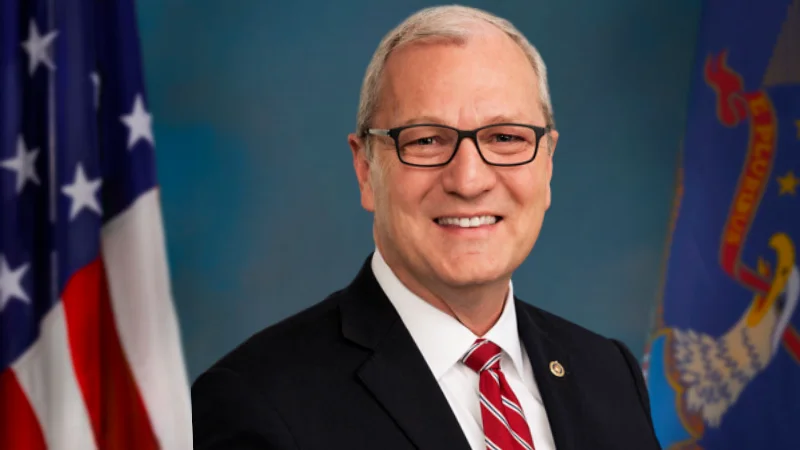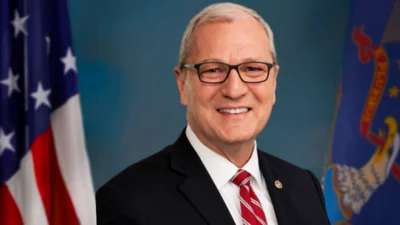Senator Kevin Cramer, US Senator for North Dakota | Senator Kevin Cramer Official website
Senator Kevin Cramer, US Senator for North Dakota | Senator Kevin Cramer Official website
The Senate Armed Services Committee convened a hearing to discuss the U.S. Department of Defense's budget request for Fiscal Year 2026. Testimonies were presented by Secretary of Defense Pete Hegseth, Chairman of the Joint Chiefs of Staff General Dan Caine, and Bryn Woollacott MacDonnell, who is currently fulfilling the role of Under Secretary of Defense (Comptroller) and Chief Financial Officer.
Senator Kevin Cramer, Chair of the SASC Airland Subcommittee, inquired about the significance of safeguarding U.S. military bases from attacks and the strategic importance of air superiority in modern warfare.
Cramer highlighted concerns over the nuclear deal with Iran during the Obama administration, suggesting it facilitated Iran's nuclear ambitions, which continues to pose challenges.
Regarding Israel-Iran tensions, Cramer questioned Gen. Caine on air superiority's role over Iran and its future implications. Gen. Caine stated: “Well, sir, we could spend hours talking about the advocacy of air power,” adding that it provides crucial maneuverability advantages.
Cramer cited recent covert operations using drones within enemy territories to neutralize critical targets as evidence of evolving warfare tactics. Ukraine's drone attack named "Operation Spider’s Web" against Russia was mentioned as an example demonstrating "tactical ingenuity."
Cramer also addressed domestic base protection with Hegseth, questioning DOD strategies for defending American bases from potential threats and identifying responsible services for base air defense.
Hegseth responded: “Senator, you're right to ask the question,” emphasizing ongoing efforts similar to counter-IED initiatives in Iraq and Afghanistan requiring joint force collaboration.
Additionally, Senator Cramer introduced legislation titled Protect Our Bases Act alongside Senate Banking Committee Chairman Tim Scott. The act aims to bolster national security by enhancing foreign land purchase reviews near sensitive sites through the Committee on Foreign Investment in the United States (CFIUS).


 Alerts Sign-up
Alerts Sign-up